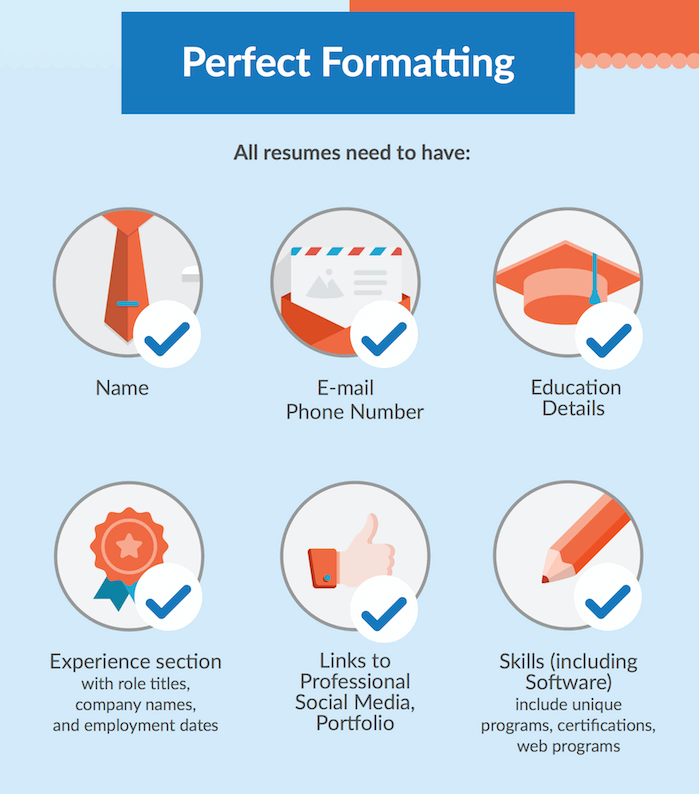Ask any professional job interviewer and they’ll tell you: what the world really needs is a new breed of job hunter who ditches traditionally accepted methods of resume writing in favor of approaches that actually match today’s hiring practices.
This isn’t to say that the resume is dead. It just serves to point out that many job seekers are pursuing outdated methods in crafting their resumes that could actually be hurting their chances at finding work. To help underline some important resume writing tips, we give you the top five most persistent resume lies and myths about resume presentation.
5 Resume Lies You Shouldn't Listen To
/Improve%20Your%20Career%20Network.jpg?width=1400&name=Improve%20Your%20Career%20Network.jpg)
#1: A Good Resume Requires an Objective
Wrong. The objective is actually an outdated concept. The vast majority of them are seen as bland, generic, and a waste of space. If this comes as a surprise to you because you just spent a full day working out a poetic objective statement, our apologies. Your best bet is to remove it and use the space more wisely: have you considered a summary? Let your actual accomplishments make your case for why you should be hired.
#2: References Should Be Included
Contemporary resume writing tips suggest that you should leave your references off your resume and replace them with a statement that says something like “References available upon request.” This is no longer necessary. Employers assume you will provide references if you are asked. So delete references and references to references. Understand?
#3: It’s Okay to Use the Same Resume for Different Jobs
If you’re a freelancer working in a niche field, you can get away with using a single resume for all job prospects, otherwise taking a one-size-fits-all approach will only help to get you looked over. You don’t have to create a new resume for every freelance job you apply for, but it’s always smart to cater that resume to fit the wants and expectations of individual employers. This will maximize your chances of landing the freelance gig. Applying for full-time work? Then you definitely need a tailored version of your resume.
#4: Limit Your Resume to a Single PageThis is one of the oldest resume tips around, and for good reason. If a hiring company is sifting through 2000 resumes, they’re going to want to breeze through to save time. Who wants to suffer through a five-page resume? The thing is, some people’s work experience is so extensive that by trying to cram it all onto a single page, they have to leave valuable information out. If you can get it to fit without sacrificing important details, the one-pager is a good idea. If not, don’t be shy about presenting a two-page resume if your level of experience dictates it.
#5: You Should Always Include Hobbies and Personal Interests
This only works to your advantage if you know for a fact that the person reading your resume will be bowled over by a shared interest. Otherwise, letting a prospective employer know that you like to race go-carts on weekends might hurt your chances at landing a job.
What's Next?
/GenZ_Jobs.jpg?width=720&name=GenZ_Jobs.jpg)
Once you’ve updated your resume to modern standards and deleted any of these resume lies, you’re ready to shop yourself around. Register with Artisan Talent to increase your visibility and get on the short list for companies seeking talented freelance workers.
*Editor's Note*
This blog was originally published in 2012, but has been spruced up in 2018 to stay current with the times.


/GenZ_Communication.jpg?width=436&height=255&name=GenZ_Communication.jpg)

